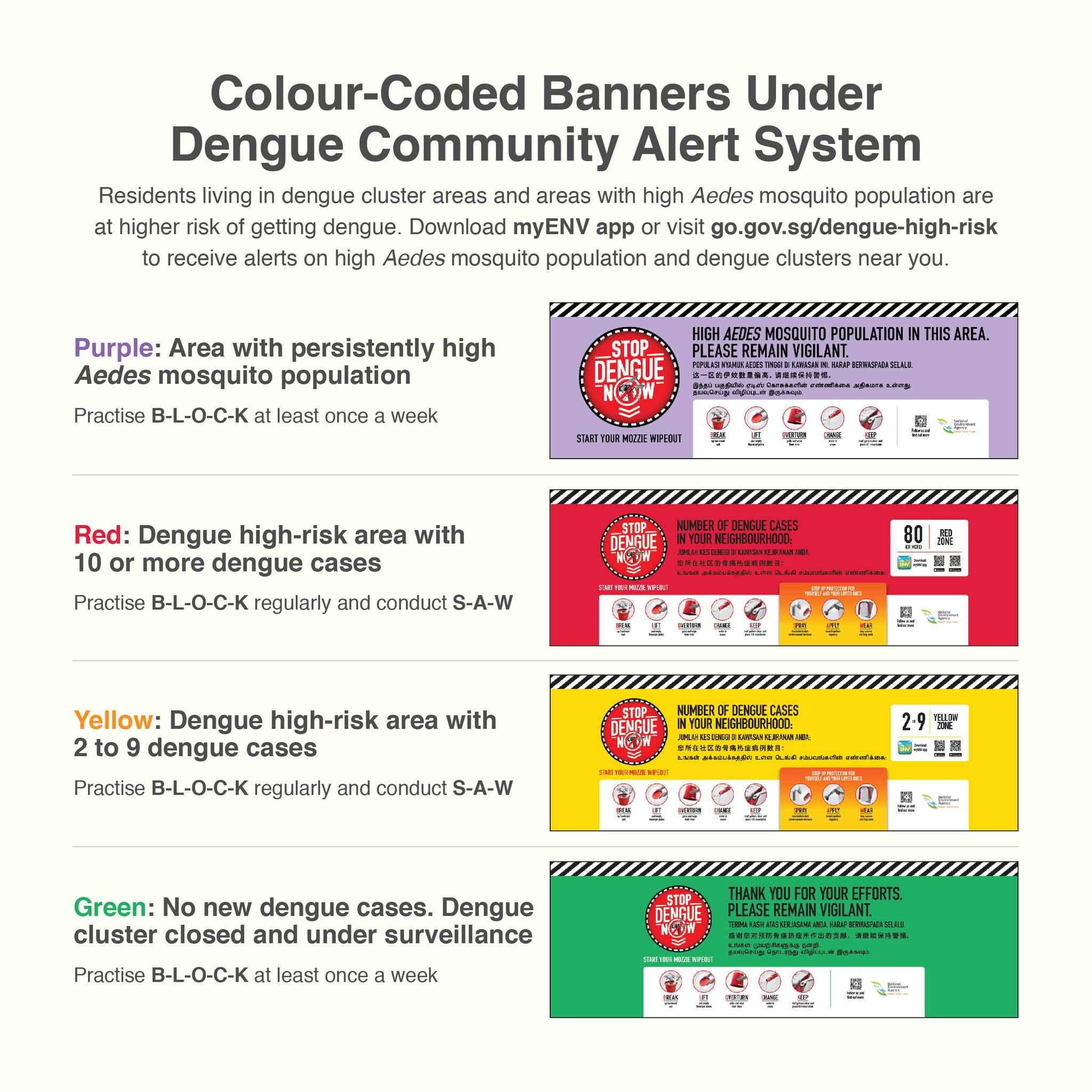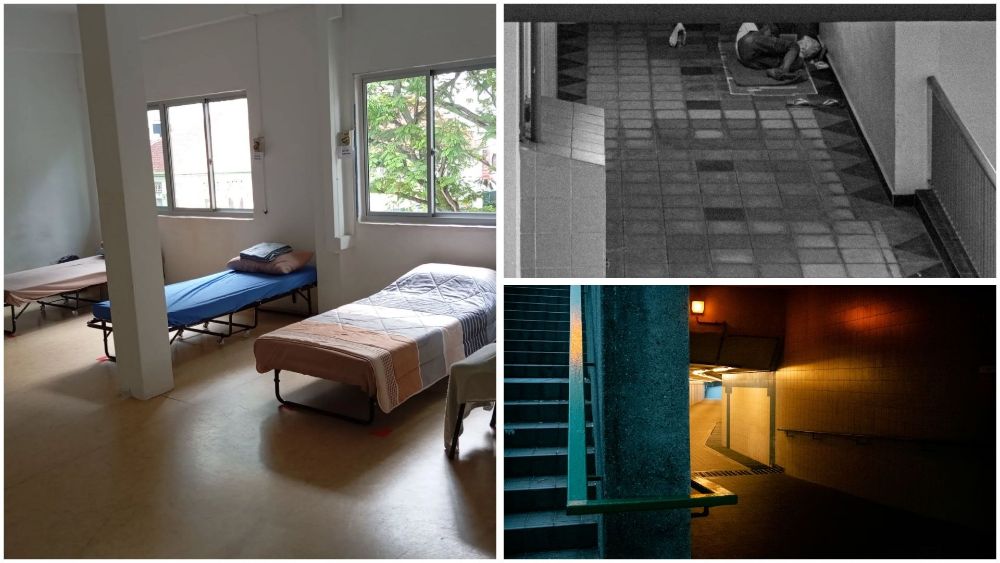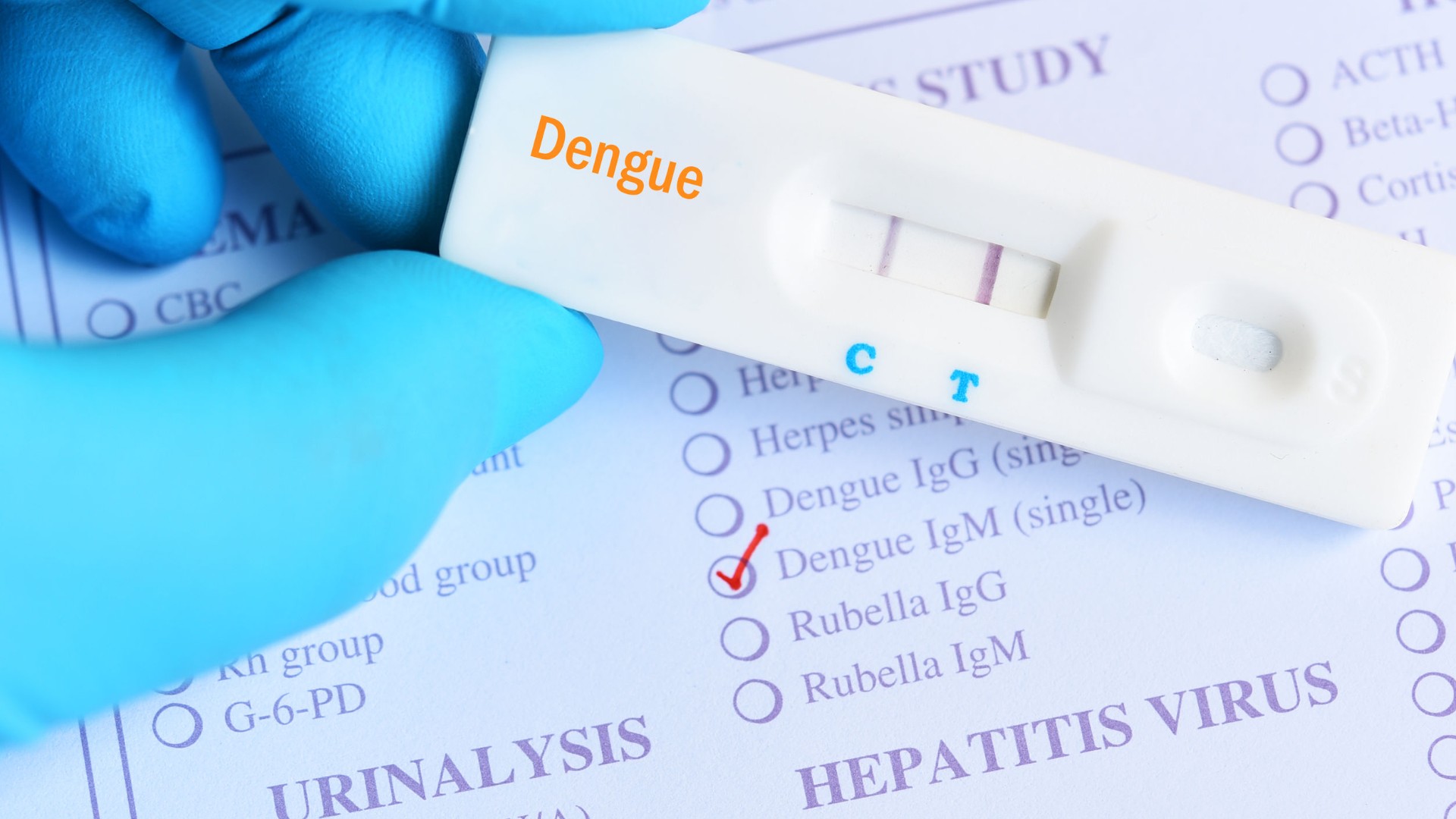8 Symptoms To Look For When Dengue Becomes Life-Threatening
According to the National Environment Agency (NEA), over 5,000 dengue cases were reported in the first quarter of 2024, more than twice the amount of cases reported in the same period in 2023.
Dengue fever can sometimes escalate to severe dengue or dengue haemorrhagic fever (DHF). This life-threatening version of the disease can lead to further complications that include internal bleeding, blood clots, brain damage, liver damage, heart damage, shock and finally death. With prompt treatment and care, patients can recover from DHF. But in worst case scenarios, shock and multi-organ failure are usually fatal.
Unfortunately while having dengue makes you resistant to that particular strain, you’re more likely to develop DHF if you’ve already had some form of dengue before. There are a total of 4 dengue strains present in Singapore at the moment, and young infants, pregnant women and senior citizens are particularly at a higher risk for contracting life-threatening dengue.
Warning signs of DHF usually start showing up within 48 hours of recovering from the initial virus, typically as the fever reduces to below 38⁰. Lethargy, persistent vomiting, elevated red blood cell count (haematocrit) and a low platelet count are all indicative signs that someone is more likely to develop DHF.
Look out for these important symptoms of DHF:
1. Impaired consciousness and restlessness
Often considered the most ominous atypical symptom of DHF, impaired consciousness is also associated with headaches, irritability and restlessness.
2. Severe skin bleeding with blood spots of blood on the skin
A sudden drop in blood pressure results in shock, which is typically manifested as bleeding that may appear as small red spots of blood on the skin (medically termed petechiae) and larger patches of blood under the skin (medically termed ecchymosis). There is also an increased risk of haemorrhaging.
3. Blood in urine and or stool
This bleeding disorder is commonly believed to be sure sign in fatal cases of DHF.
4. Severe blood plasma leakage
Dengue causes blood vessels to become damaged and leaky, making it easy for plasma leakage to leak through due to the increased capillary permeability. This condition usually shows up as hemoconcentration, which is an increased concentration of cells and solids in the blood because of the loss of (plasma) fluid to the tissues.
5. Black stools
More serious than blood in stool, black stools (usually stained with blood pigment) are usually indicative of more sinister bleeding in the gastro-intestinal tract.
6. Organ failure
With severe blood plasma leakage, the body goes into severe shock with very low blood pressure, leading to vital organ damage or dysfunctions. This can include the liver, heart, kidneys and lungs. If not treated quickly, the patient’s condition can quickly deteriorate into multiple organ failure.
7. Breathing problems
Trouble breathing and other respiratory problems can be indicative of lung damage caused by shock and possible organ failure.
8. Bleeding from gums and nose
Also known as mucosal bleeding, this symptom is associated with prolonged shock.

Stay vigilant
Let's hope you don't see one of these banners in your neighbourhood, but if you do, here's what the colour-coded signs mean:
Purple: Area with persistently high Aedes mosquito population. Practise BLOCK at least once a week.
- B – Break up hardened soil
- L – Lift and empty flowerpot plates
- O – Overturn pails and wipe their rims
- C – Change water in vases
- K – Keep roof gutters clear and place BTI insecticide inside
Red: Dengue high-risk area with 10 or more dengue cases. Practise BLOCK regularly and conduct SAW.
- S – Spray insecticide in dark corners around the house
- A – Apply insect repellent regularly
- W – Wear long sleeves and long pants
Yellow: Dengue high-risk area with 2 to 9 dengue cases. Practise BLOCK regularly and conduct SAW.
Green: No new dengue cases. Dengue cluster closed and under surveillance. Practise BLOCK at least once a week.
For the latest updates on Wonderwall.sg, be sure to follow us on TikTok, Telegram, Instagram, and Facebook. If you have a story idea for us, email us at [email protected].











